41 GPTs for System Analysis Powered by AI for Free of 2025
AI GPTs for System Analysis are advanced computational tools designed to assist in the evaluation, understanding, and optimization of complex systems. By leveraging Generative Pre-trained Transformers, these AI tools offer tailored solutions across a wide range of system analysis tasks. They utilize machine learning and natural language processing to interpret, predict, and provide insights into system behaviors, making them invaluable for diagnosing issues, optimizing performance, and aiding in decision-making processes within various technical and organizational frameworks.
Top 10 GPTs for System Analysis are: Windows Advanced Troubleshooter (Unofficial),ERD Engineer,DFD Assistant,ER Diagram Assistant with graphics,Energy AI,My Arena Simulation GPT,SQL to ERD,ResOchyAI: 解像度教えます,代码侠,discrete structures
Windows Advanced Troubleshooter (Unofficial)
AI-Powered Windows Troubleshooting at Your Fingertips

ERD Engineer
Visualizing Data Relationships with AI
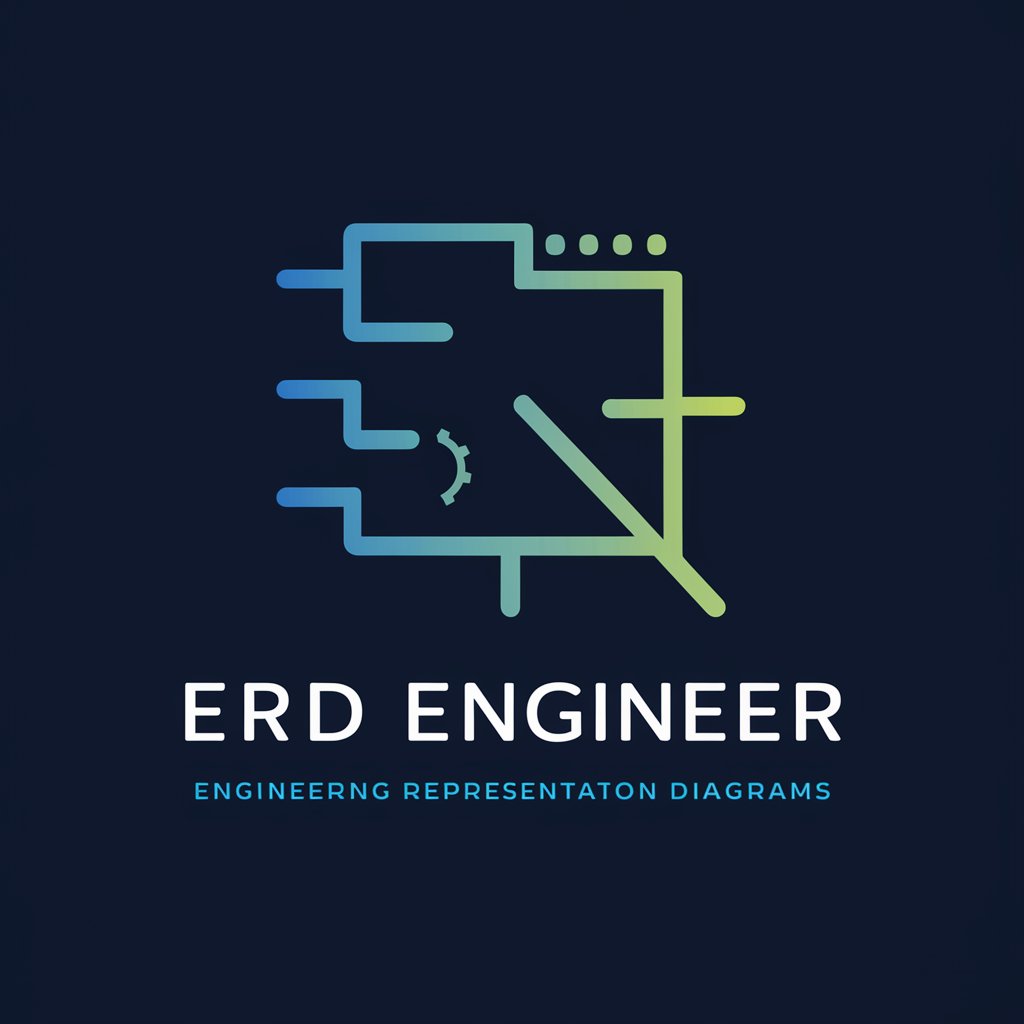
DFD Assistant
Automate DFD creation with AI power

ER Diagram Assistant with graphics
Visualize Data Relationships, Powered by AI
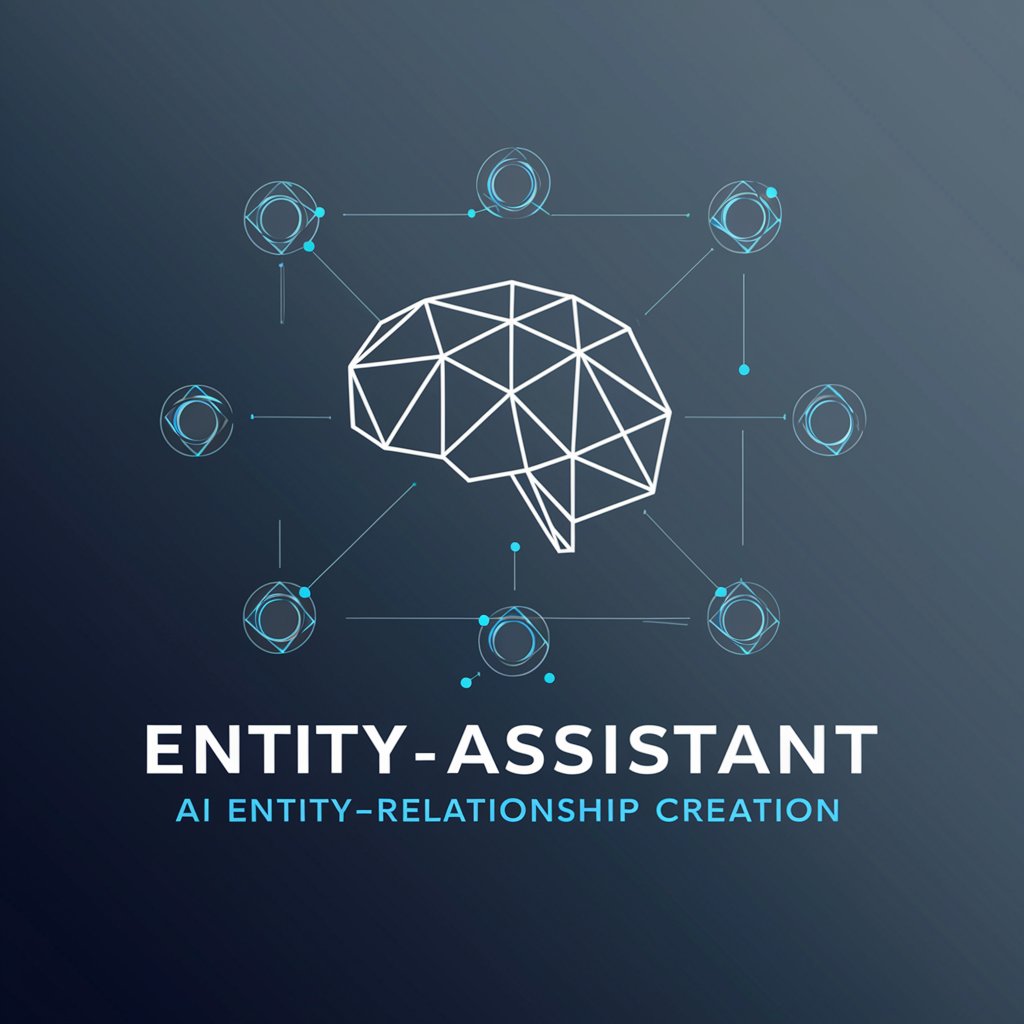
Energy AI
Empowering your energy transition with AI
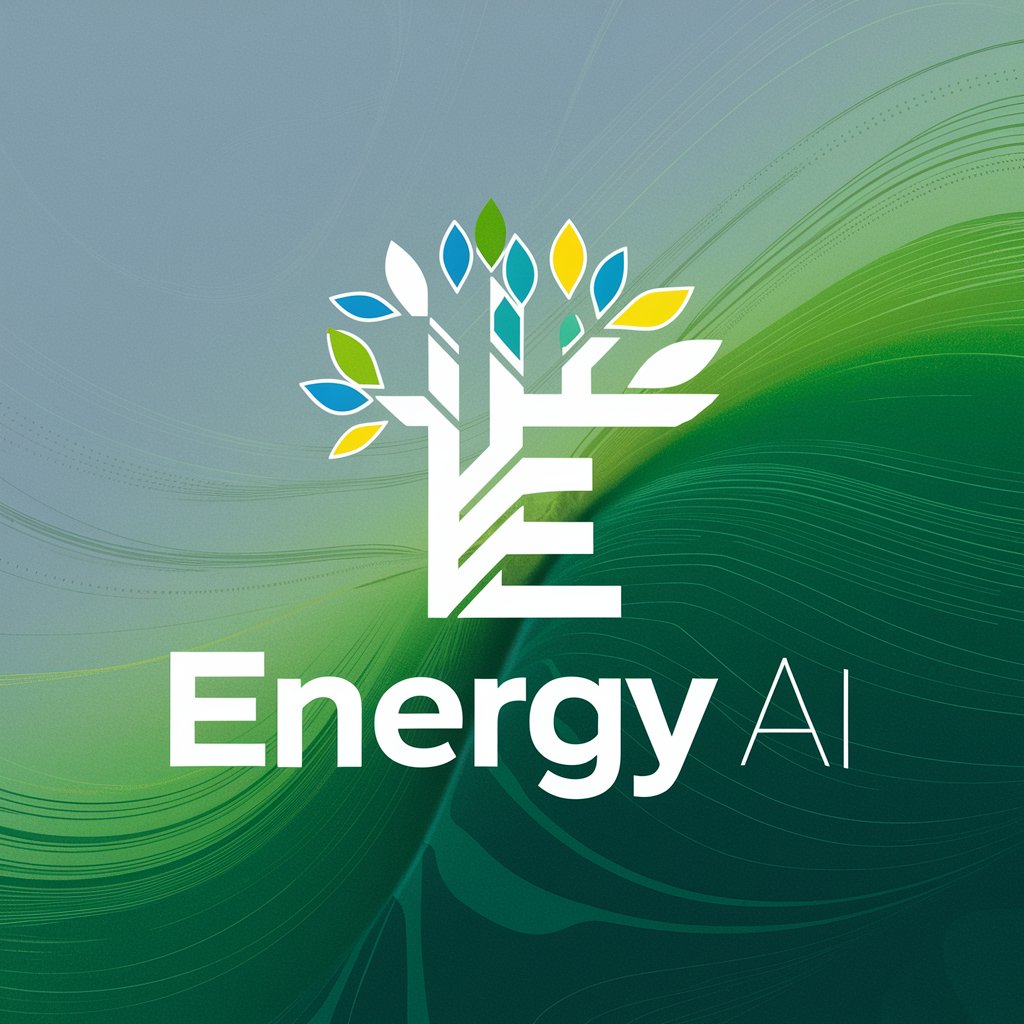
My Arena Simulation GPT
Optimize logistics with AI-powered simulations
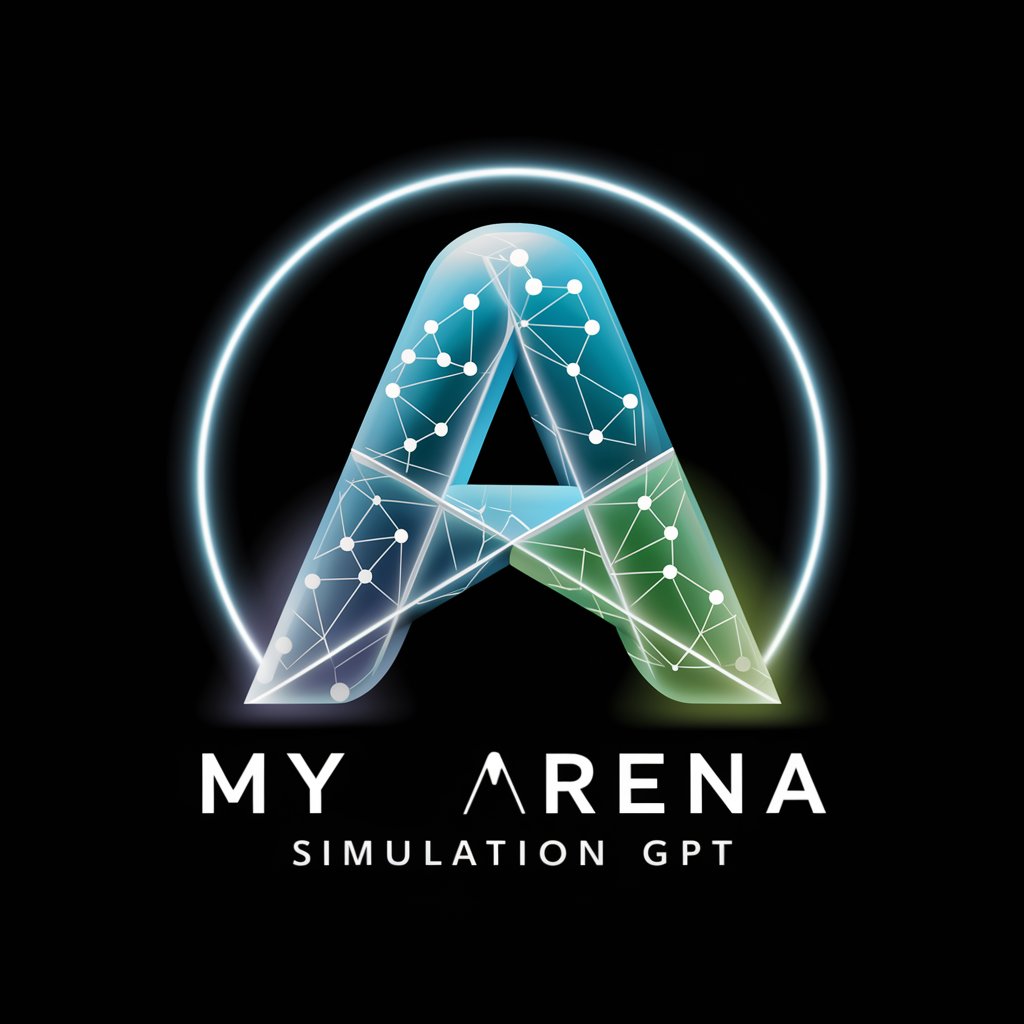
SQL to ERD
Visualize SQL Schemas Instantly with AI
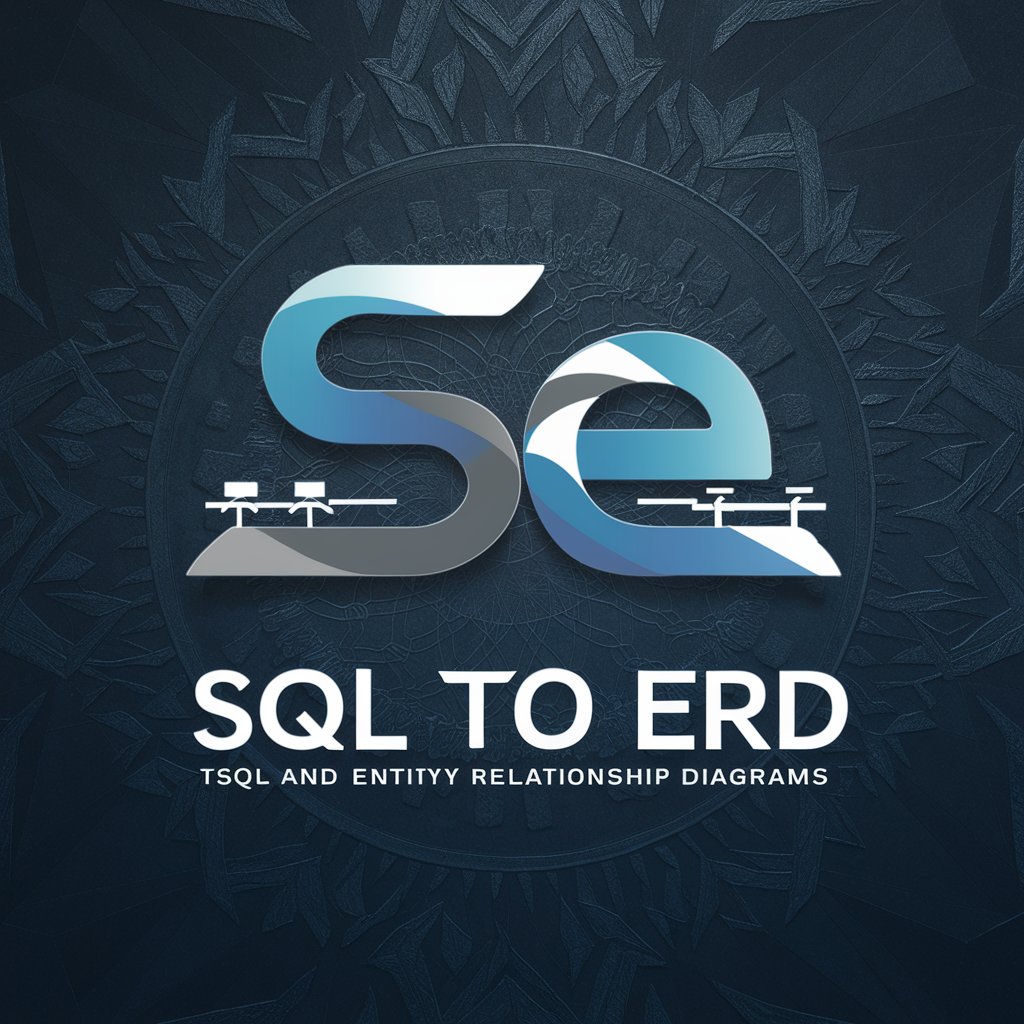
ResOchyAI: 解像度教えます
Clarifying Resolution with AI Power

代码侠
Empowering Development with AI
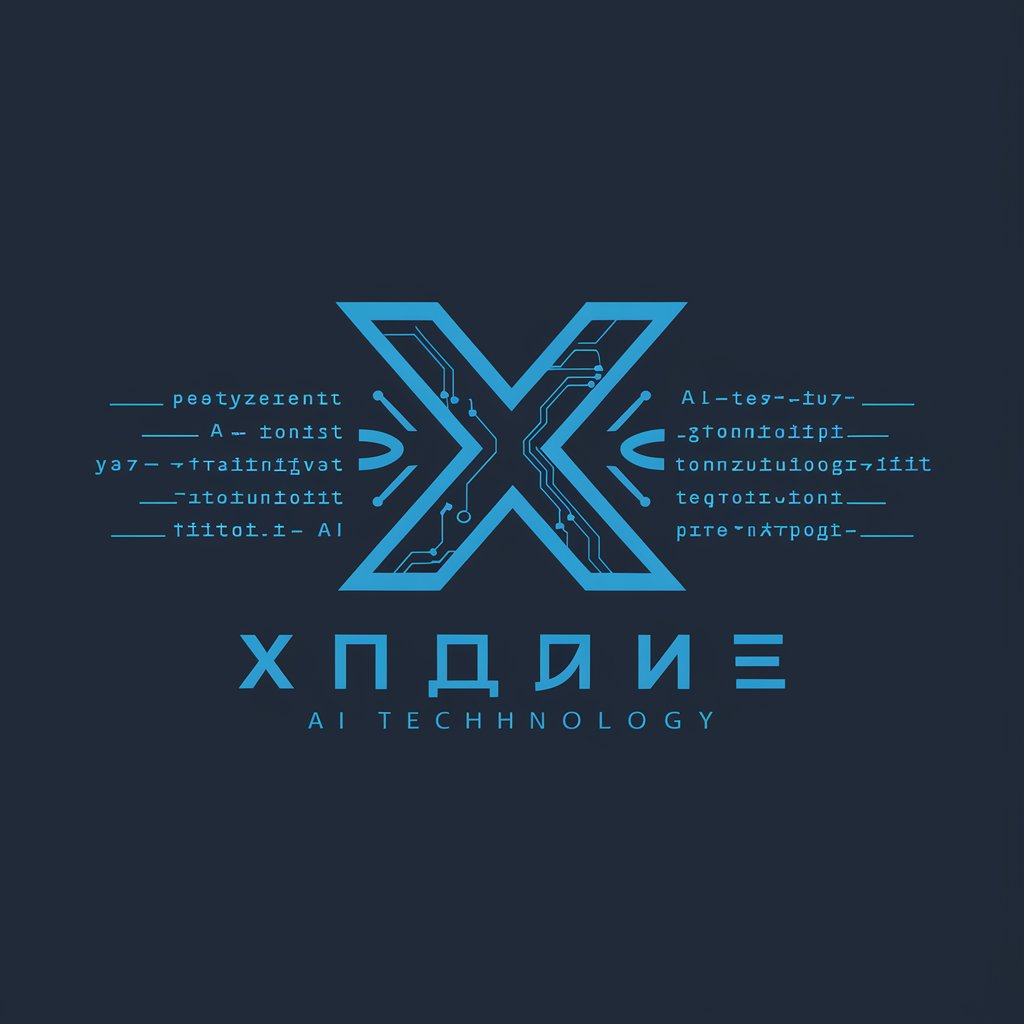
discrete structures
Master Discrete Structures with AI
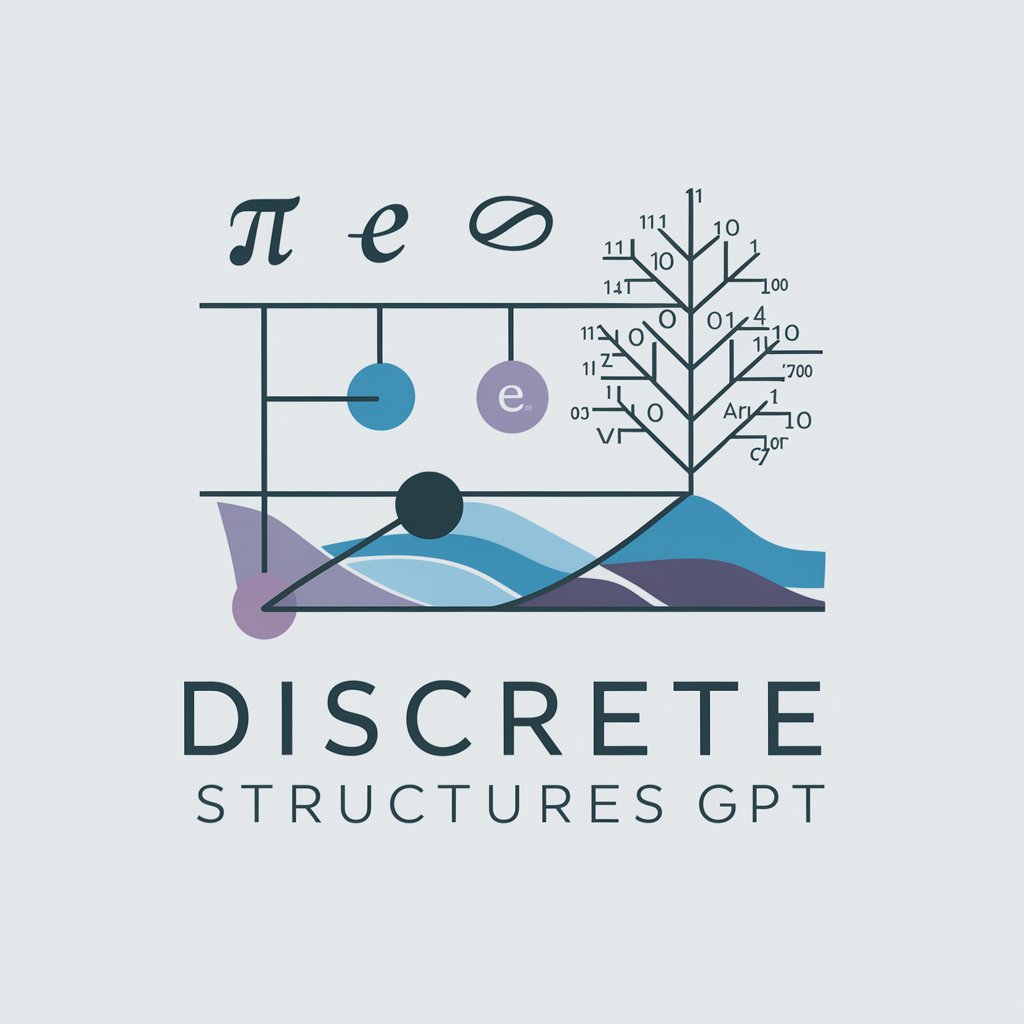
SCADA Sage
Elevating SCADA Systems with AI-powered Insights

Cloud Architect Pro
Visualize Cloud Infrastructures with AI

PlantUML
Automate diagrams with AI-powered precision

NESTED
Empowering software development with AI

Basic Ascending Math
Revolutionizing Mathematics with AI Synergy
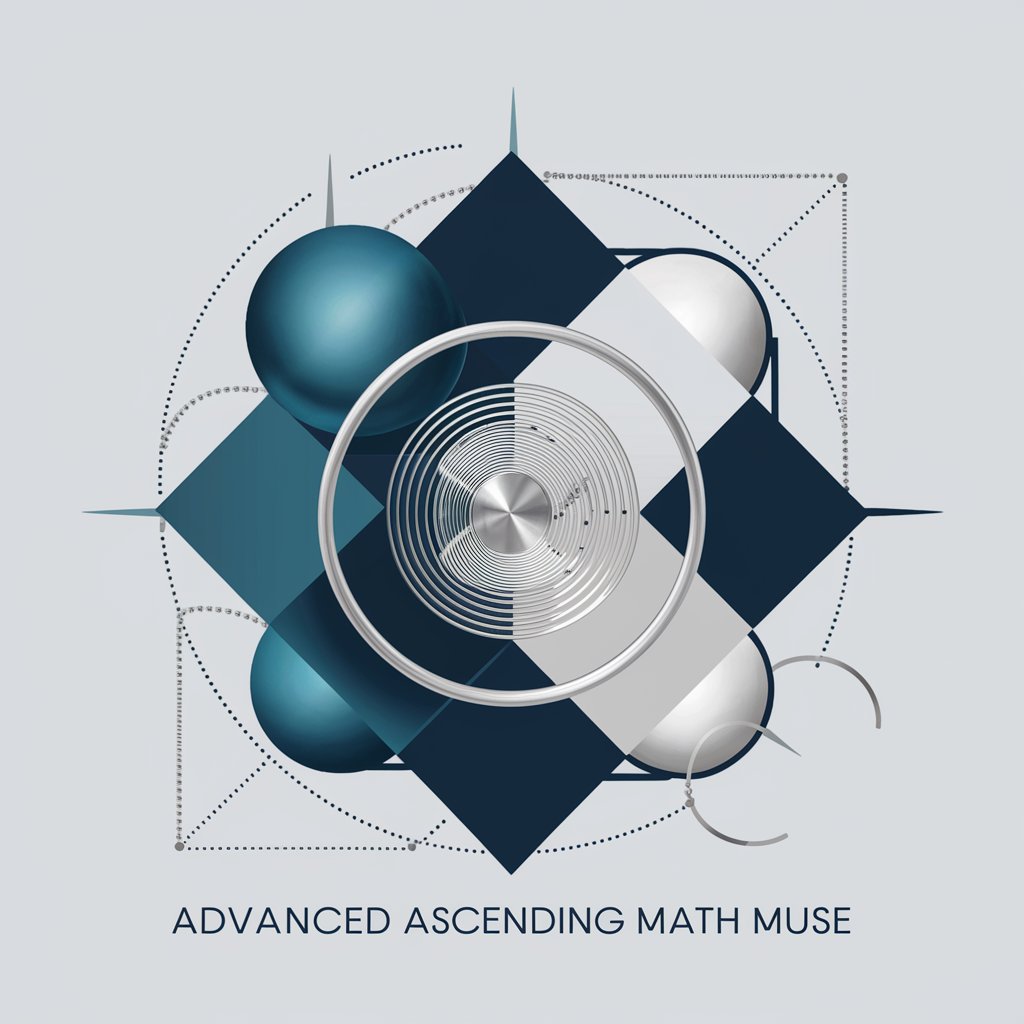
深度思考
Empowering Thought, Unleashing Potential
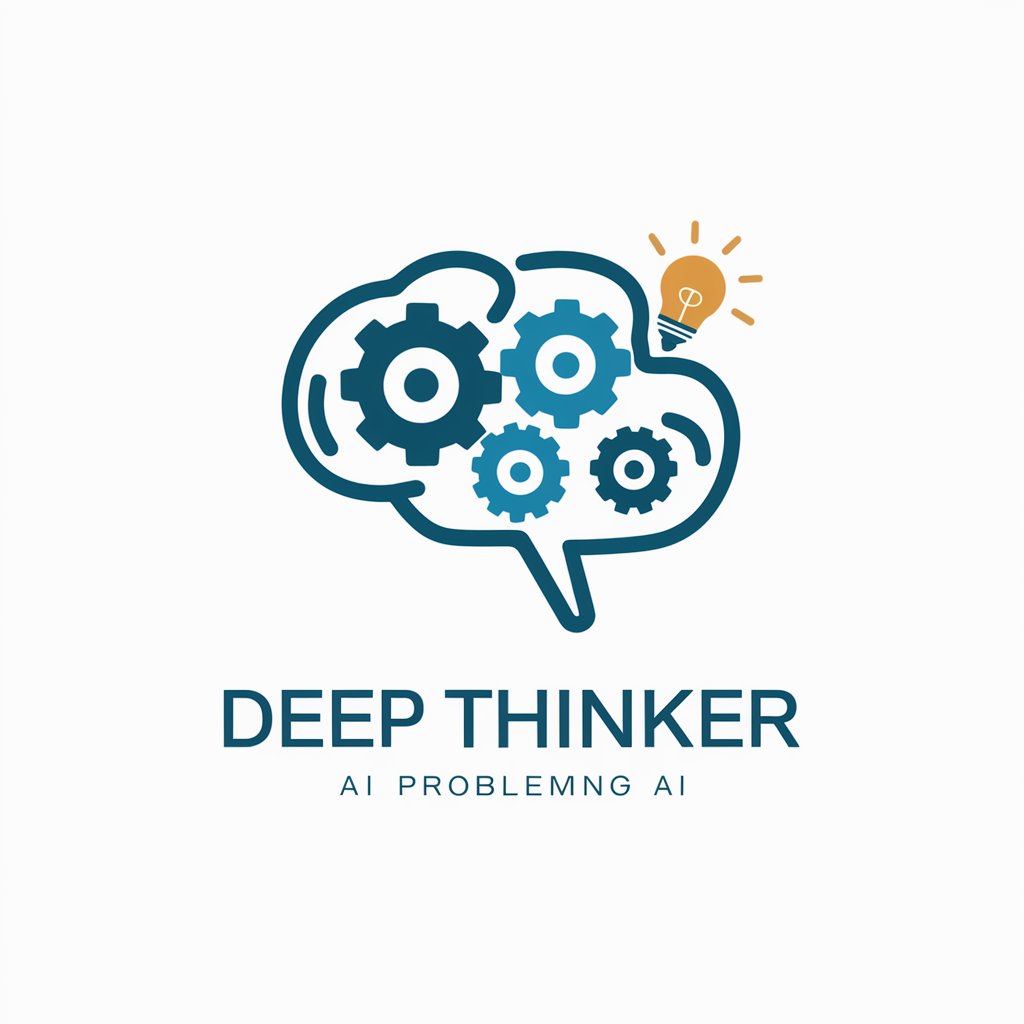
Dismantled GPT
Unlocking Insights with AI

System Mapper
Mapping Complexity Made Simple
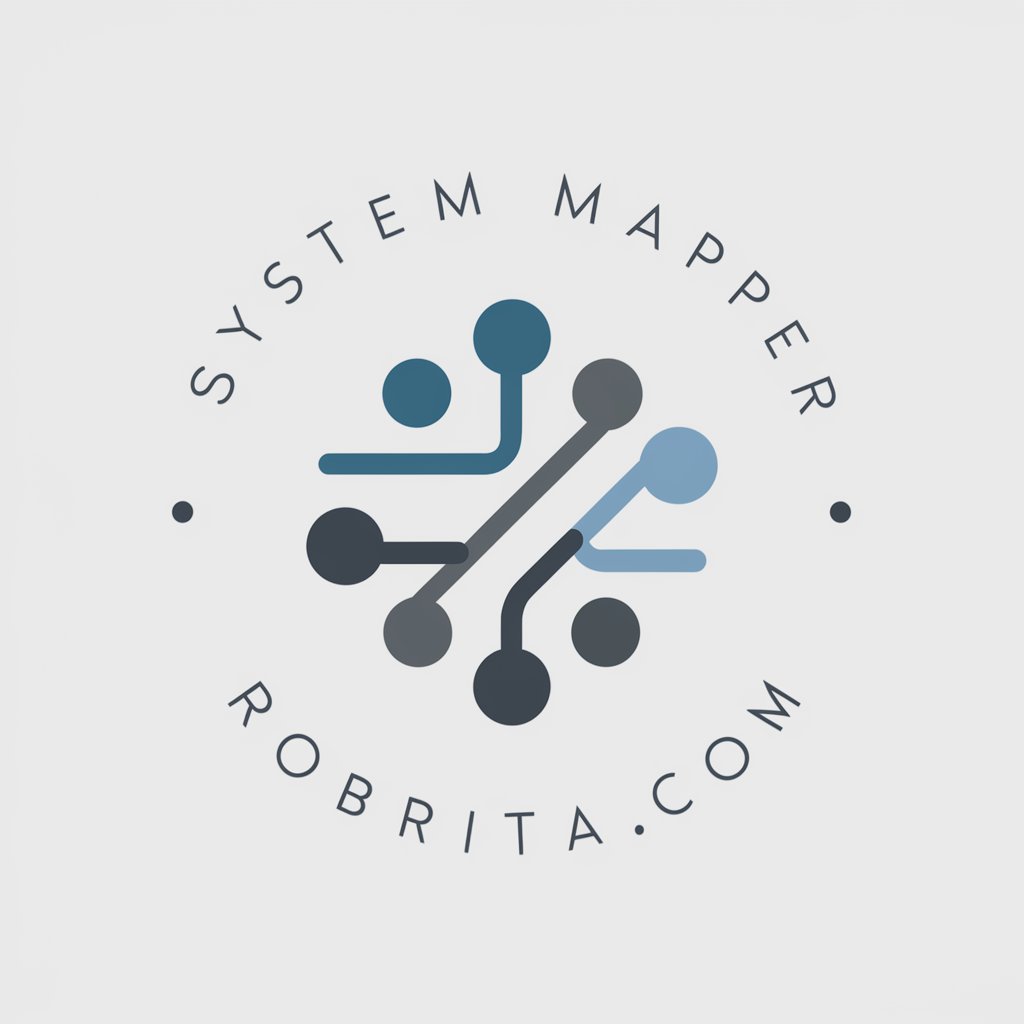
JTL Assistant
Empowering JTL Users with AI
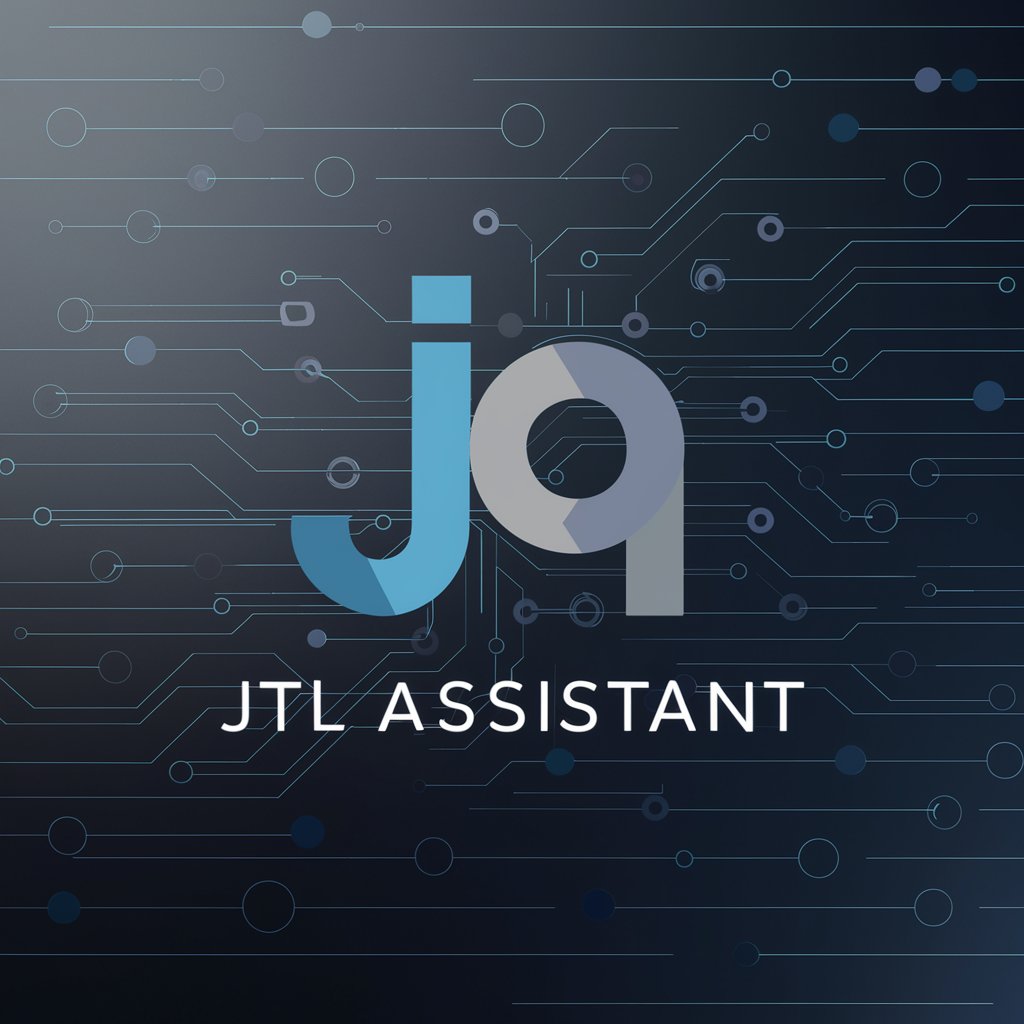
需求与评估专家
Transforming project planning with AI

Marinka
Empowering Decisions with AI Insights

RAMS Engineering Advisor
Empower Your Engineering with AI-Driven RAMS Insights
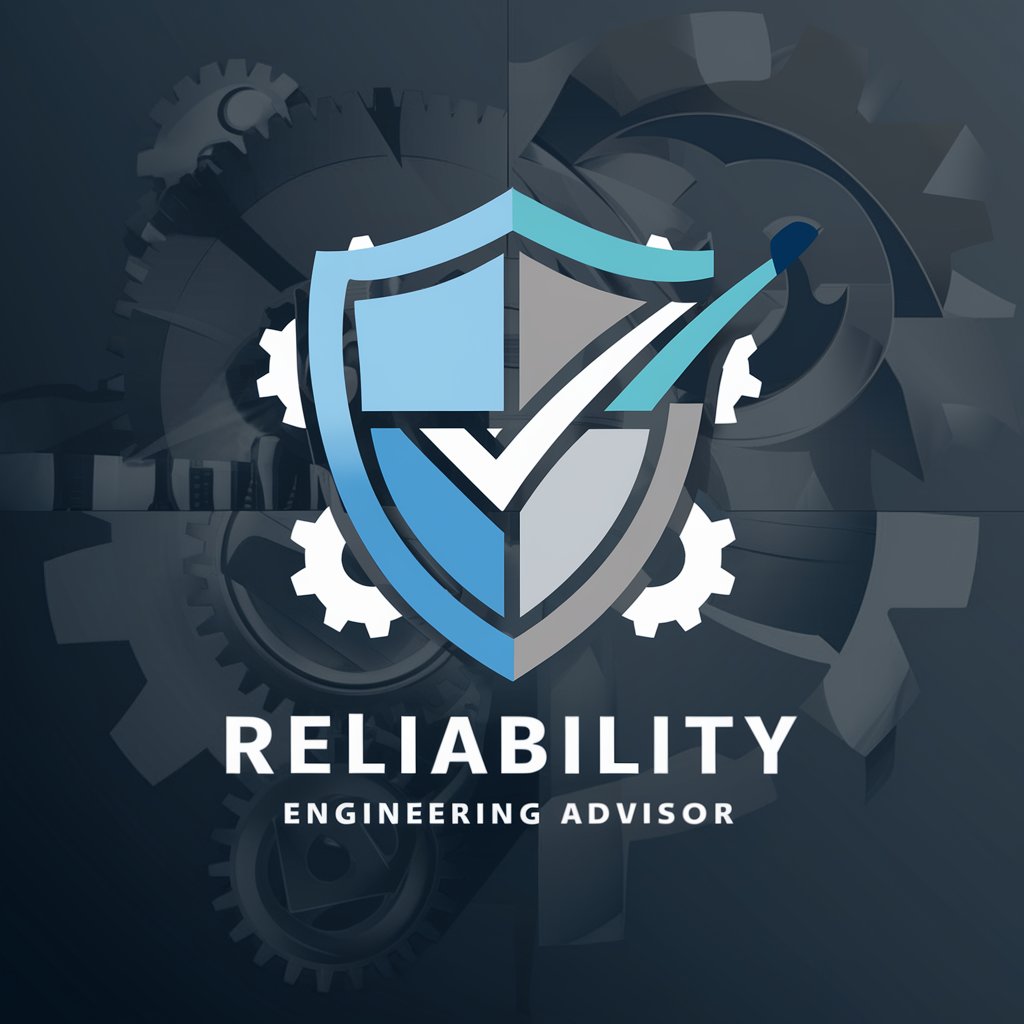
Robotic Arm Dynamics Analyzer
Empowering robotic innovation with AI analysis.

OptiNet Guide
Empowering the Fiber Optic and SCADA Industries with AI

Distinctive Attributes and Functions
AI GPTs for System Analysis boast a suite of unique capabilities tailored to the field. Key features include advanced data analysis and interpretation, the ability to learn and adapt language models to specific system analysis jargon, and sophisticated technical support for troubleshooting and optimization. These tools also offer web searching capabilities for up-to-date information retrieval, image creation for visualizing system components and data flows, and customizable programming interfaces that can scale from basic to highly complex analytical tasks.
Primary Beneficiaries of AI GPTs in System Analysis
The primary users of AI GPTs for System Analysis range from beginners in the field to seasoned professionals and developers. These tools are particularly beneficial for individuals seeking to deepen their understanding of complex systems without extensive coding knowledge, offering intuitive interfaces and guidance. Simultaneously, they provide robust customization and programming capabilities for experts looking to leverage advanced features for specialized tasks, making them versatile for a broad audience within the system analysis domain.
Try Our other AI GPTs tools for Free
Language Customization
Discover AI GPTs tailored for Language Customization, designed to enhance language-related tasks with advanced adaptability and user-friendly interfaces.
Advanced Troubleshooting
Discover AI GPTs for Advanced Troubleshooting, the next-gen solution for tackling complex problems. Tailored for professionals and novices alike, these AI tools offer precise, step-by-step guidance, enhancing diagnostic accuracy and efficiency.
Drug Identification
Discover AI-powered GPT tools for efficient and accurate drug identification, designed to serve healthcare, law enforcement, and education with advanced AI capabilities.
Medication Alternatives
Discover AI GPTs for Medication Alternatives: Tailored tools offering insights into non-conventional treatments, supporting informed healthcare decisions with the latest evidence-based information.
Anomaly Detection
Discover AI GPTs for Anomaly Detection: Advanced AI tools designed to identify and analyze anomalies across datasets, enhancing accuracy and efficiency in risk management and operational optimization.
Malware Examination
Explore cutting-edge AI GPTs for Malware Examination: your ultimate tool for advanced malware detection, analysis, and prediction. Tailored for professionals and novices alike.
Enhanced Perspectives on AI GPTs for System Analysis
AI GPTs for System Analysis not only offer a bridge between technical and non-technical users but also stand as a testament to the evolution of AI in problem-solving. Their integration into various sectors showcases their adaptability and the growing reliance on AI-driven tools for system optimization and decision-making, underscoring their potential to revolutionize system analysis methodologies.
Frequently Asked Questions
What exactly are AI GPTs for System Analysis?
AI GPTs for System Analysis are specialized AI tools designed to support the evaluation and optimization of systems through advanced data analysis, natural language processing, and machine learning.
How do these tools adapt to specific system analysis tasks?
Through machine learning and the ability to process and interpret large volumes of data, these tools adapt by learning the specific language, metrics, and frameworks relevant to each system analysis task.
Can non-technical users benefit from these tools?
Yes, with user-friendly interfaces and guided functionalities, non-technical users can leverage these tools for system analysis without needing extensive programming skills.
Are there customization options for advanced users?
Absolutely, advanced users can access and modify the underlying code, integrate with other software, and tailor the tools to fit highly specific analysis requirements.
What makes AI GPTs different from other system analysis tools?
Their ability to learn and adapt to specific domains, process natural language queries, and provide insights based on vast amounts of data distinguishes them from traditional tools.
How do these tools integrate with existing systems?
They can be integrated through APIs, software development kits (SDKs), or direct coding, allowing them to work seamlessly with existing system infrastructure.
Can these tools predict system failures or issues?
Yes, by analyzing historical and real-time data, these tools can identify patterns and predict potential system failures or issues before they occur.
Are there any sectors where AI GPTs for System Analysis are particularly effective?
They are versatile across many sectors, including IT, manufacturing, healthcare, and finance, where system optimization and analysis are critical.